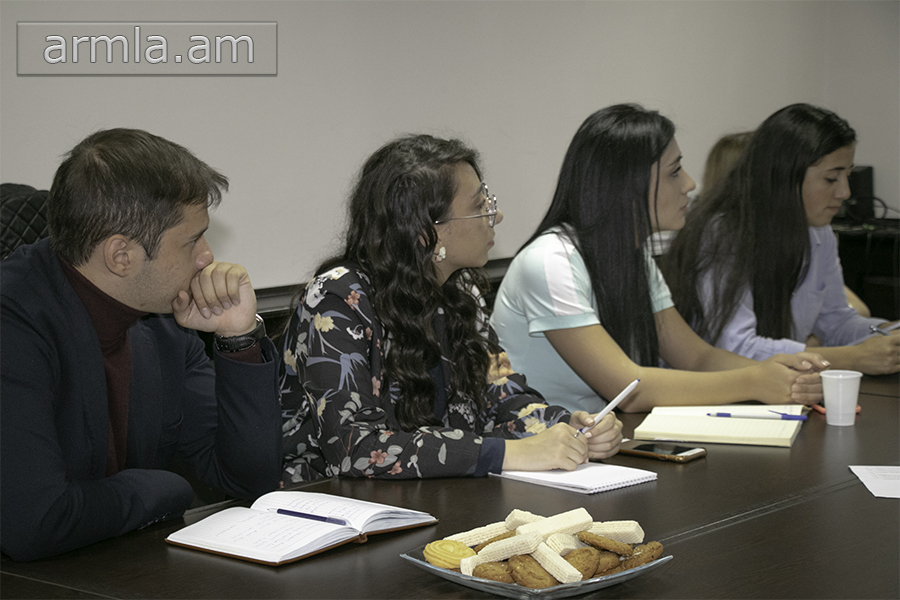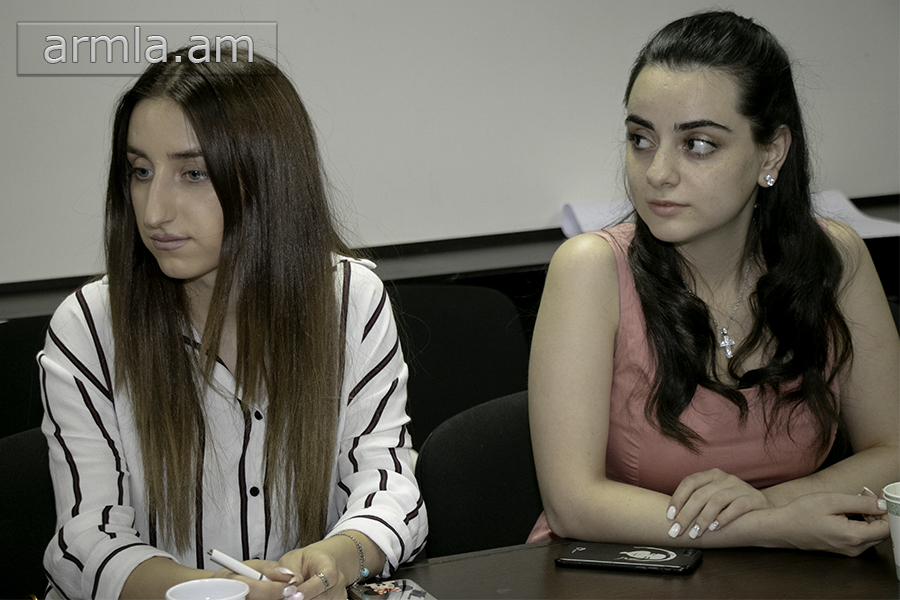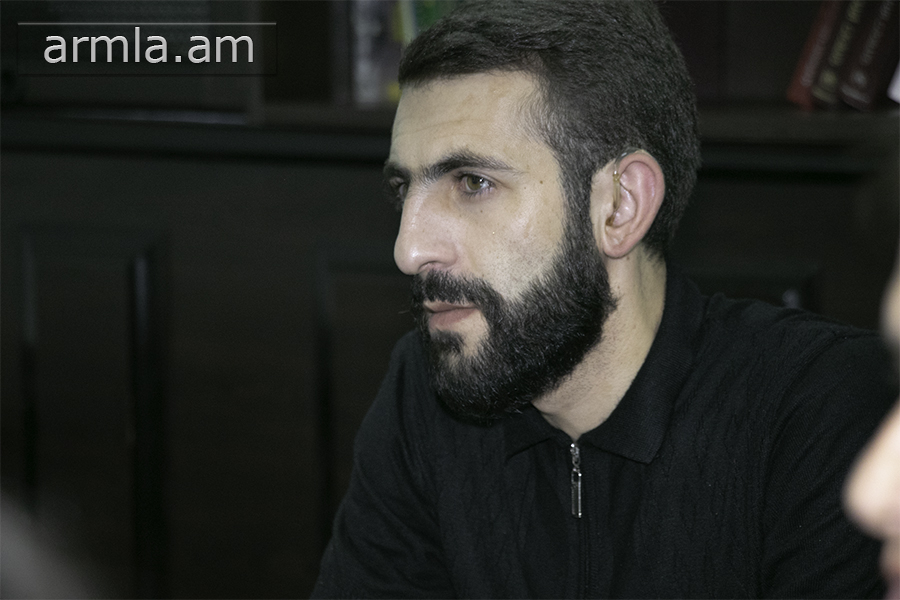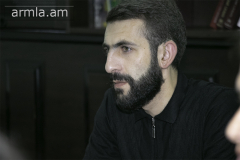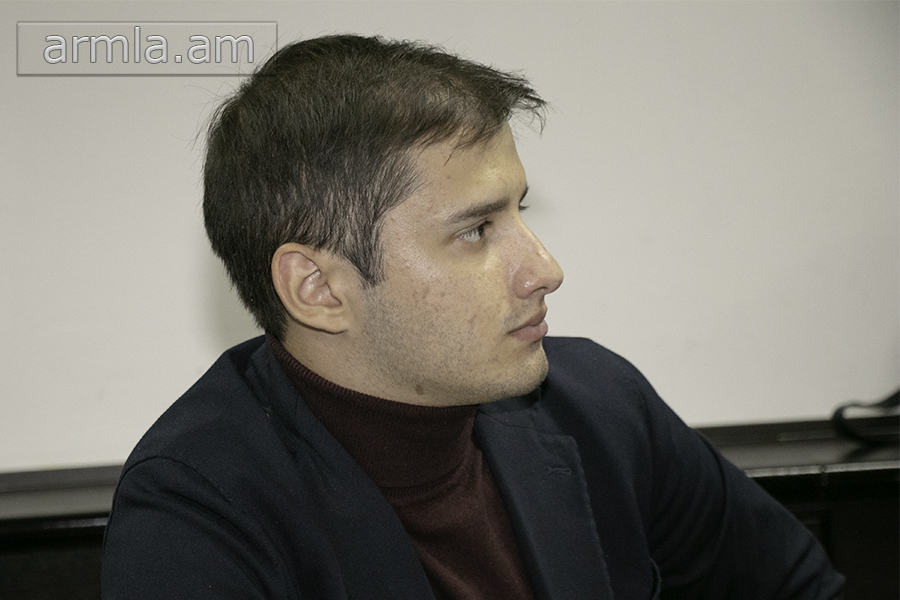
During the next lesson at the Anti-Corruption School for Young Leaders, the audience was introduced to the Government’s draft decision on approving the 2019-2023 strategy for judicial and legal reforms in the Republic of Armenia and the resulting action plans.
The lecturer of the school was Syuzanna Soghomonyan, an anti-corruption expert of the Armenian Lawyers’ Association.
The draft strategy states that the guiding principle for the application of the transitional justice toolkit will be compliance with the Constitution, international obligations and laws of the Republic of Armenia.
The author of the draft, the Ministry of Justice noted that the transitional justice toolkit in the Republic of Armenia will be implemented within the following framework:
- collect facts of mass, recurrent human rights violations (hereinafter referred to as Violations) in at least the following areas: (a) all electoral processes since September 1991; (b) political prosecutions following the September 1991 elections; (d) other forms of deprivation of property; (e) non-combatants killed;
- consider the possibility of restoring infringed rights,
- provide new information to law enforcement when new crime information emerges;
- implementation of institutional reforms, including monitoring systems, the implementation of which will identify potential violations and exclude repetition of past mistakes;
- summary of the information received in the report, its publication and assessment of the past.
According to the lecturer, it is not clearly stated in the draft strategy what the purpose of creating fact-finding committees is and what the commission should provide. Moreover, the draft does not include the other three transitional justice mechanisms; criminal justice, reparations and institutional reforms. However, transitional justice can only succeed if these four mechanisms are put in place and operated at the same time, with the aim of achieving the goal and the end result for which transitional justice is invested.
Susanna Soghomonyan also touched upon the judiciary system, noting that according to international practice, the following minimum conditions should be observed when implementing vetting:
– Political conditions.: the existence of the authority and political will to vetting by the government,
– Institutional conditions: determining the range of public/state positions that will be subject to a vetting;
– Personal conditions: determining the range of people who will be vetted. The exact lists of people subject to vetting procedures should be published,
– Legal conditions: defining the appropriate legislative framework for the implementation of vetting procedures;
– Operating conditions: allocation of financial resources for vetting;
– Timeframes: definition of a period for the implementation of the vetting.
“The undesirable consequences of vetting can be political abuses when targeting political opponents within the context of a vetting, so it is forbidden to subject to vetting the persons in terms of expressing political and party positions. There may also be a paralyzing of the governance system when all public servants are subjected to simultaneous vetting without phase shifts, as well as destabilization when the persons subject to vetting do not integrate into society, becoming criminals by forming organized criminal groups or armed opposition and it is a security threat,” Susanna Soghomonyan says.
“The Armenian Lawyers’ Association” NGO is organizing the Anti-Corruption School for Young Leaders in cooperation with the Armenian CSO Anti-Corruption Coalition.
Iravaban.net independent information website is the information partner of the Anti-Corruption School for Young Leaders.

